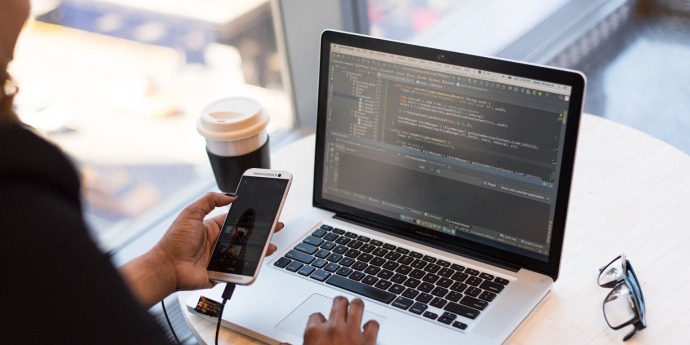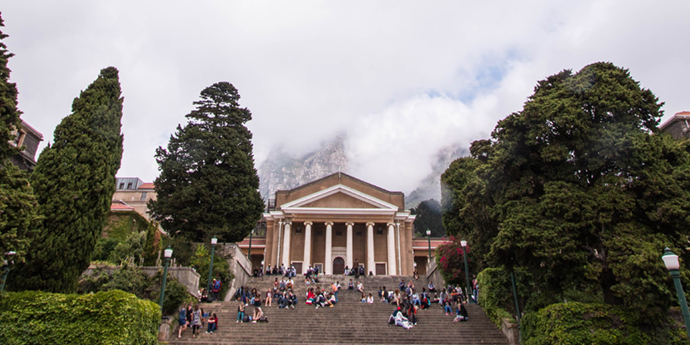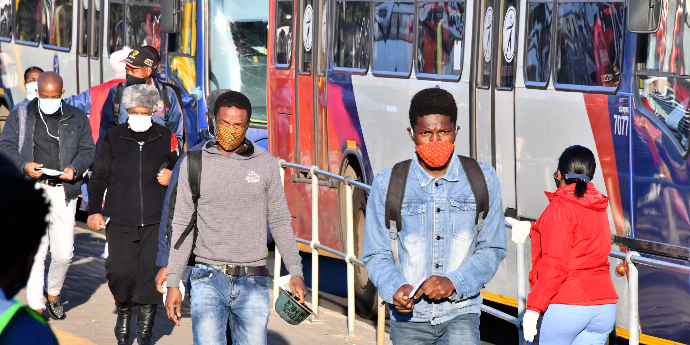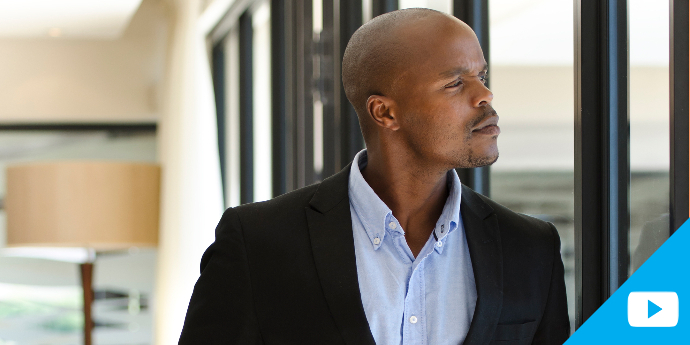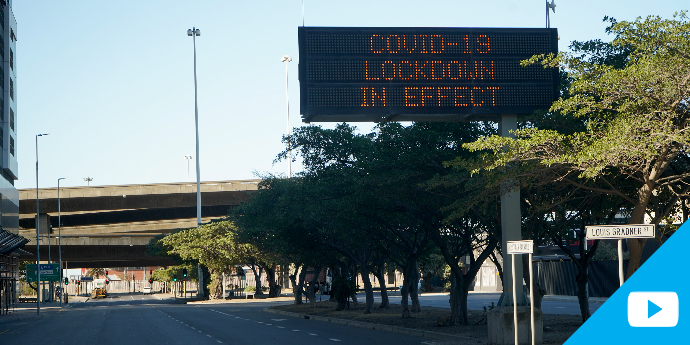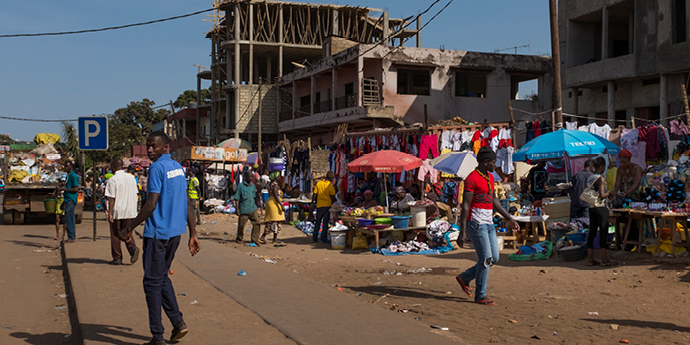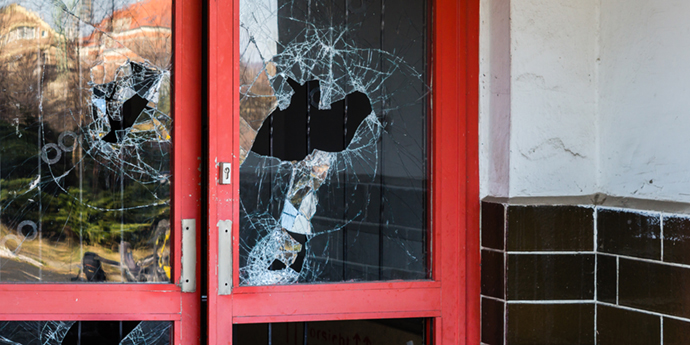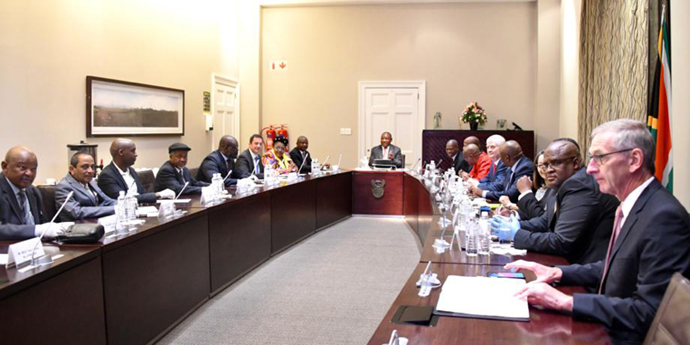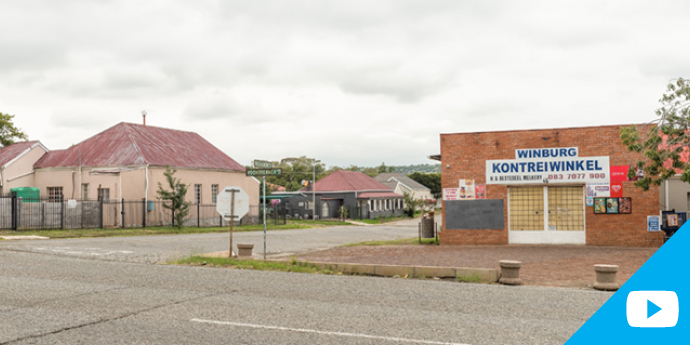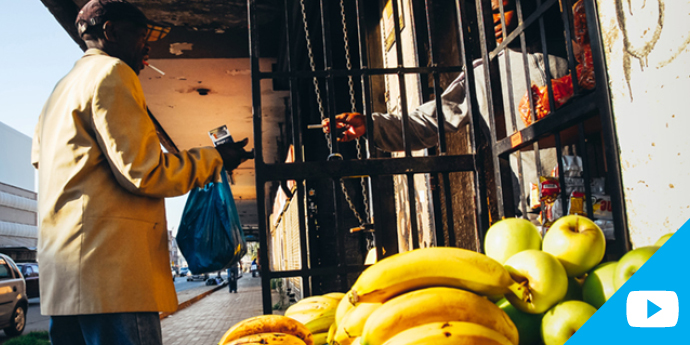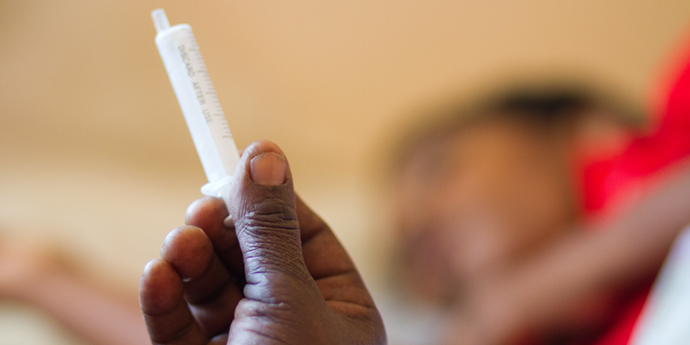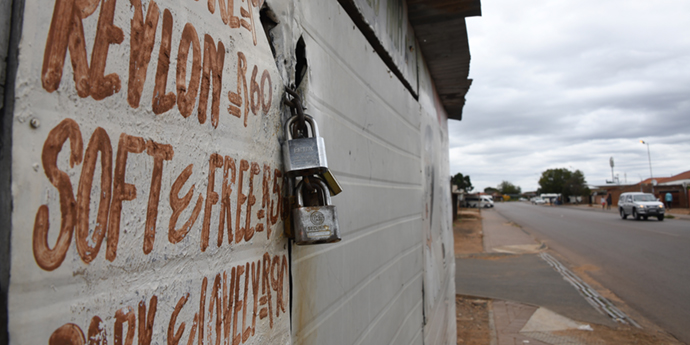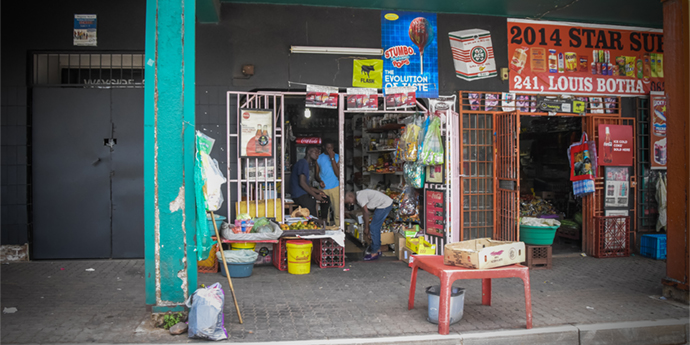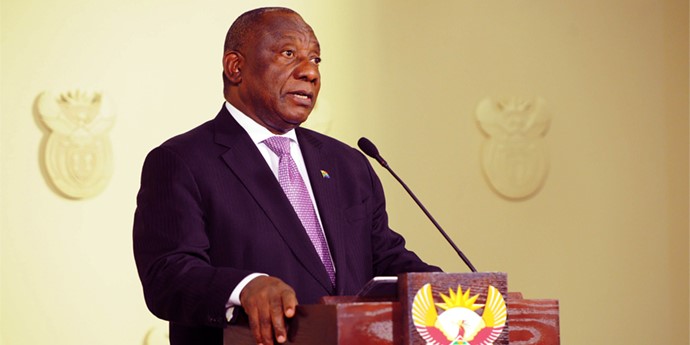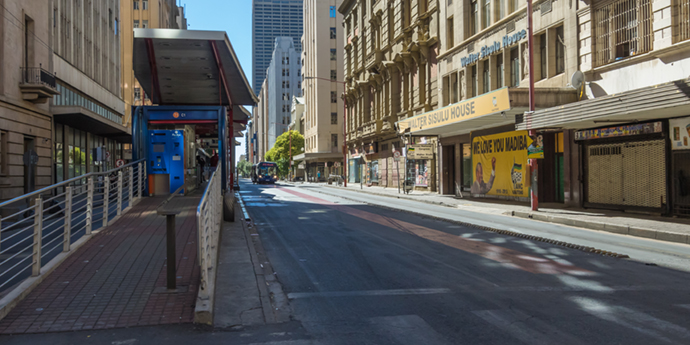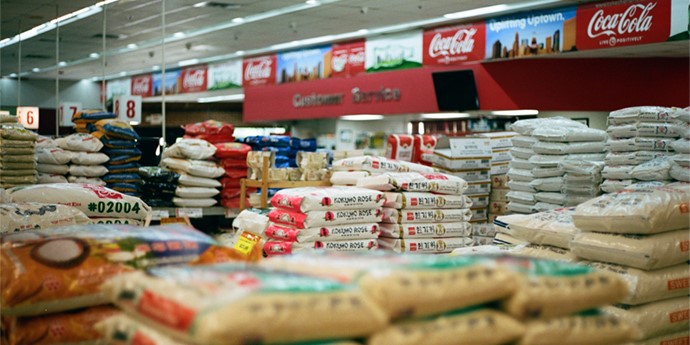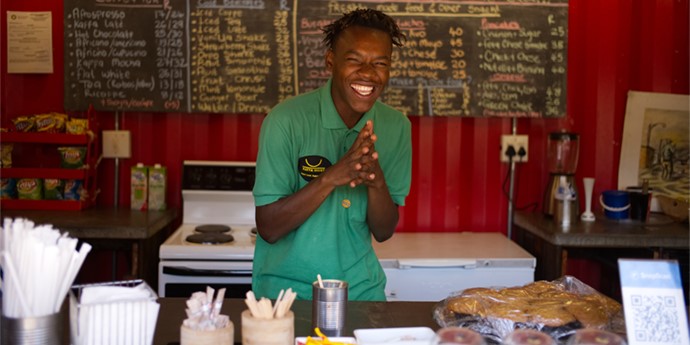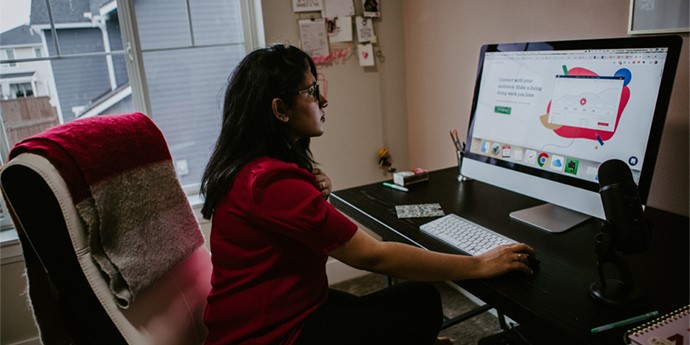UCT GSB alumnus Mehluli Mpofu was recently appointed as the Managing Director of Central Africa Building Society (CABS), a wholly-owned subsidiary of Old Mutual Zimbabwe. On the first day of his appointment, the country was in lockdown due to the Covid-19 pandemic and he had to work from home. He shares his insights on what it’s like to lead an institution in times of crisis.
Congratulations on your new role. What’s it like being appointed at such a difficult time?
It is indeed an interesting time to be appointed and it presents a real leadership test on how we respond to the crisis. CABS has its roots as a building society but is now operating as a fully-fledged commercial bank. I joined CABS five years ago as the Deputy Managing Director. The direct responsibilities I had at the time included working with the teams that look after Retail, Marketing, Operations and IT, which from an experience point of view was very useful in the lead up to my new role. It is therefore extremely helpful during this difficult time that I am not new to the business.
Can you tell us a bit about the role?
As a bank, we broadly do three things which define my role. First, we provide a safe home for customer deposits. Second, we provide payment solutions that support customer transactions. Third, we provide access to credit and thanks to our history as a building society we are the largest mortgage lender in the country. In our shift to commercial banking we’ve also made great strides in the corporate lending space and in the provision of salary-based loans.
I see my role as providing leadership to the team, even more so in these trying circumstances. My leadership philosophy is that success comes through the team, so my role is to facilitate the best outcomes from the teams I work with. I honestly believe that with enough guidance and the right mindset we all have something positive to contribute. The other simple principle I live by is that — as an individual, a community or an organisation — we exist to solve problems. Leadership is about trying to understand what the real problems are and how best the problems can be solved for shared success.
How has the Covid-19 crisis affected CABS?
It has tested our ability to respond to crisis. We’ve always had business continuity plans, but when you put those plans together you don’t really think the worst case is going to happen! We have a very large branch footprint and clearly this face-to-face interaction cannot continue in lockdown. We identified a few branches that could stay open and provide limited services, obviously highly sanitised and with adequate protection for our staff and our customers.
We also had to enable our core teams to function remotely, deciding what critical things we need to be able to do under this scenario. The beauty of it is that we started these plans before the actual lockdown was announced. For all organisations, and even our customers, that should be the approach — don’t wait for the crisis to hit, plan ahead as much as you can.
There is no doubt that the economic impact will be significant. Right now, we are looking at how each industry, and each business, could be affected and this also depends on how long the crisis will last. Once we understand the whole value chain we can plan how best to provide support. Our key message to all our customers is for them to continue to engage with us, and to let us know their situation so we can help.
Do you think the world will go back to normal, or is this the beginning of a new normal?
We’ve learnt a lot in a very short space of time and we’ve challenged our traditional ways of doing things. For example, there’s always been discussion around flexible working times and so on, now we’ve done it and we can leverage off this going forward. We will gain tremendous traction in finding better, more efficient ways of working.
The second aspect of this crisis is to look at what opportunities are being presented. For us it points to the need to accelerate our digital transformation initiatives. We see this as an opportunity to educate our customers — they don’t need to spend time and energy going to a physical branch, they can do banking remotely. We are seeing the same approach from other businesses, they are looking at how they can do things differently, and even better than they used to
Having said that, once the pandemic is firmly behind us, some old ways of doing things will naturally come back. It will be up to all of us to decide which behaviours to continue to reinforce post the crisis.
Looking back at your MBA at the UCT GSB, what were your key take-aways?
Three things stand out: First, undoubtedly the UCT GSB is a great institution. It provides a great platform to learn and network. Second, I learnt that we are all different and that diversity is where our strength lies. Particularly when it came to group work, it was evident that we all needed each other for different reasons. Third, as individuals we all have so much potential. With the right attitude and the right level of pressure it is amazing what people can produce. Those things stuck with me and tie in with what my leadership philosophy is today.




